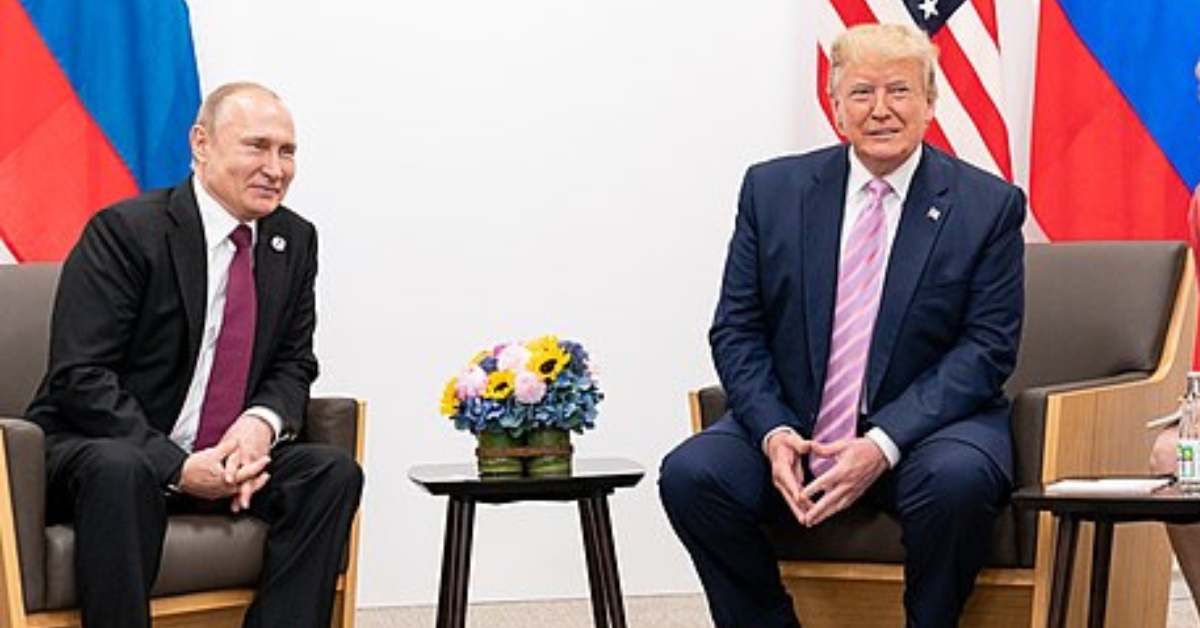
US-Israel Tensions Rise as Minister of Defense Cancels Pentagon Visit
In a move that signals deepening concerns within Israeli leadership about the Biden administration‘s stance, Israeli Defense Minister Yoav Gallant abruptly canceled his scheduled visit with Pentagon officials. This cancellation, amid the intense flare-up of the Israel-Hamas war and escalating tensions across the region, speaks volumes about the current state of U.S.-Israel relations—particularly regarding Israel’s right to defend itself.
Gallant’s decision to stay in Israel rather than proceed to Washington D.C. comes at a time when every moment is critical, with Israel’s security hanging in the balance. Reports suggest that Prime Minister Benjamin Netanyahu might have influenced Gallant’s decision, a move that underscores a strategic recalibration in light of the lukewarm support from the Biden administration. This administration’s approach, which emphasizes proportionate responses even amidst blatant acts of aggression against Israel, is seen by many as entirely insufficient given the existential threats the country faces.
The Pentagon, via Deputy press secretary Sabrina Singh, was quick to downplay the cancellation, highlighting the ongoing robust communication between U.S. Defense Secretary Lloyd Austin and Gallant, evidenced by their numerous discussions. However, the underlying tensions are hard to miss. It’s clear that while diplomatic niceties are maintained, substantial disagreements linger over how Israel should respond to threats, particularly from Iran and its proxies.
The Biden Administration Is Weak on Supporting Israel
Just days before the cancellation, Gallant was vocal about considering all necessary measures to respond to Iran’s provocations, including potential strikes on Iranian nuclear sites. President Biden’s call for proportional responses stands in stark contrast to the more assertive stance needed to effectively deter adversaries like Iran and Hamas
Moreover, Vice President Kamala Harris’s recent pledge of substantial aid to Lebanon following the Israeli strikes against Hezbollah adds another layer of complexity. Actions like these could easily be interpreted as undermining Israel’s efforts to neutralize the very real and dangerous threats posed by Hezbollah. When Israel is engaged in defending itself against relentless terrorist organizations, mixed signals from the U.S. can embolden those same enemies, sending a message that Israel’s right to self-defense is up for debate.
This entire episode illustrates a fundamental rift in the U.S.-Israel alliance under the Biden administration. As Israel navigates a war on multiple fronts, the support from its closest ally is more critical than ever. Gallant’s cancellation signals a potentially strategic pivot in how it deals with its allies and addresses its security concerns on the global stage. For Israel, the stakes are too high for anything less than unequivocal support from its allies, particularly the United States, as it contends with threats that seek its very destruction.














